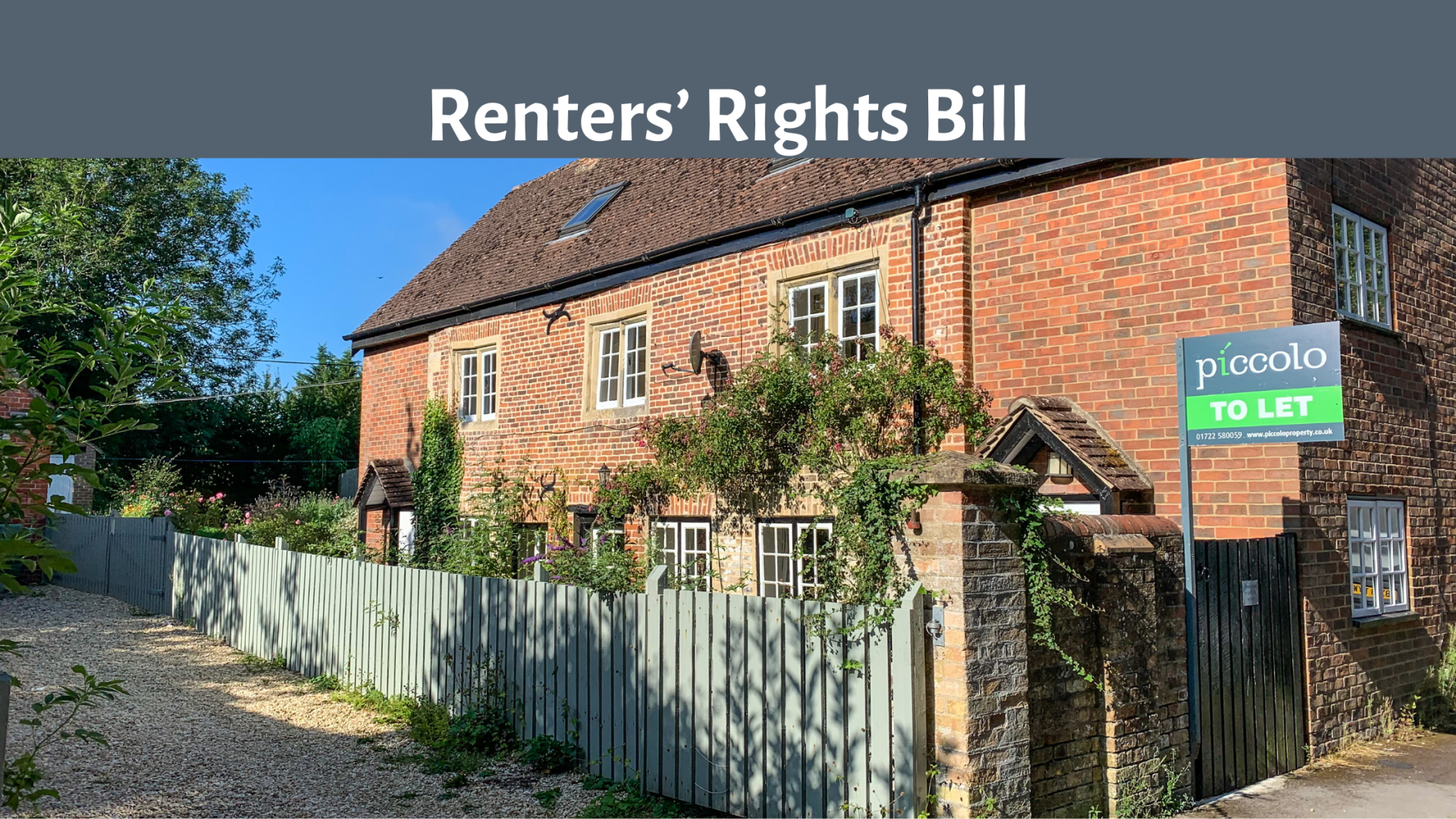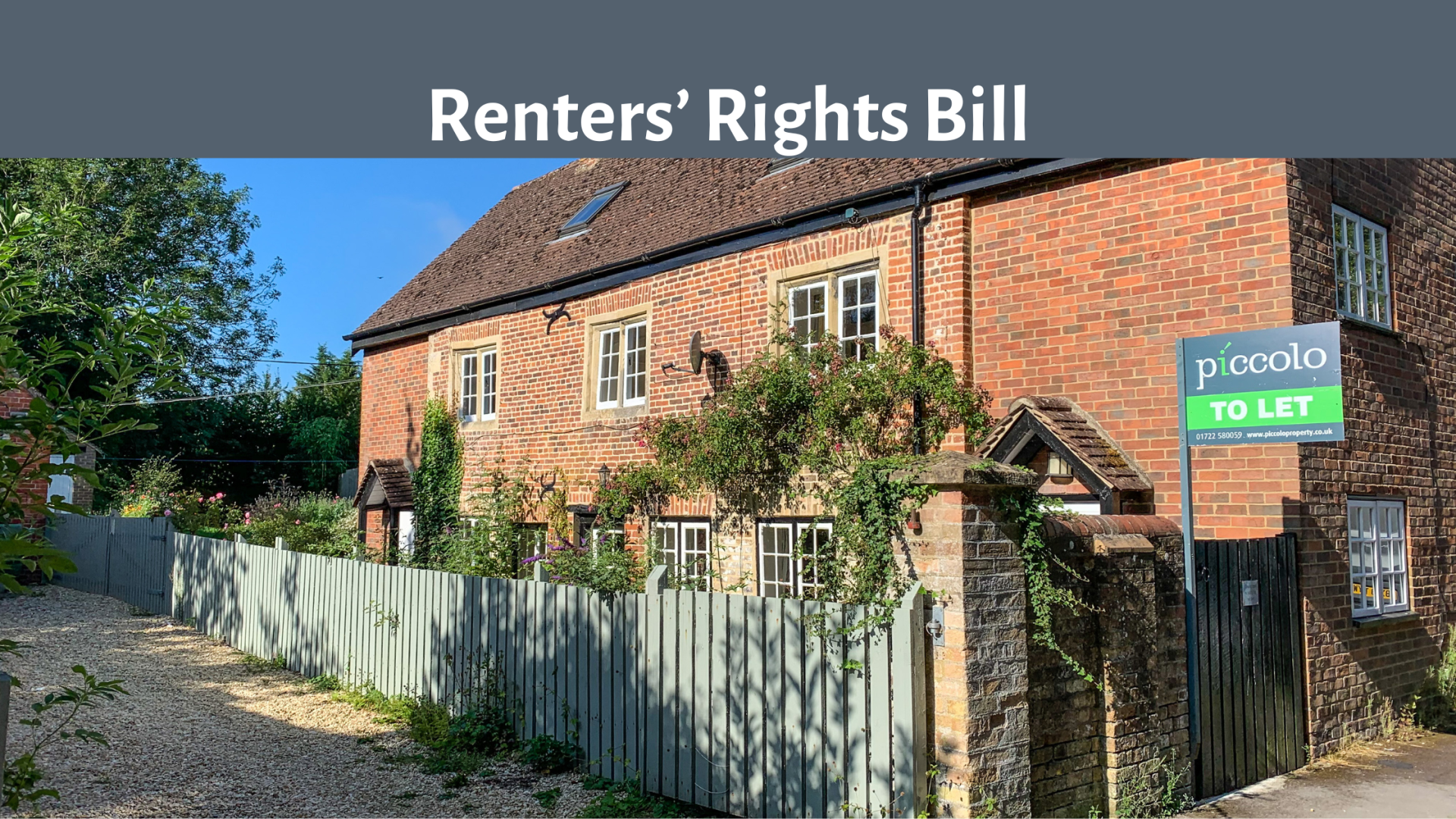As a landlord, one of the most stressful situations you can face is when a tenant stops paying rent. Understanding your rights and obligations under the Renters’ Rights Bill is critical to managing this scenario effectively while staying compliant with the law. This blog outlines what the Bill means for landlords in situations where rent arrears arise and offers practical steps to navigate the process.
What Does the Renters’ Rights Bill Say About Rent Arrears?
The Renters’ Rights Bill introduces significant changes for landlords, particularly regarding the process of addressing rent arrears:
- Eviction Restrictions: The Bill proposes the abolition of Section 21 "no-fault" evictions, meaning landlords can no longer evict tenants without providing a valid reason, e.g. rent arrears.
- Mandatory Grounds for Eviction: While landlords can still evict tenants for rent arrears, you must use Section 8 under the Housing Act 1988, which outlines specific grounds for possession.
- Stronger Tenant Protections: The Bill emphasizes mediation and alternative dispute resolution mechanisms to resolve conflicts before resorting to eviction.
Practical Steps to Take If a Tenant Stops Paying Rent
- Good Communication If your tenant misses a rent payment, start by reaching out promptly. There may be genuine reasons for the delay, such as financial hardship or unforeseen circumstances. Showing empathy and working towards a solution can often resolve the issue without further escalation.
- Serve a Rent Arrears Notice Should the rent remain unpaid, issue a written notice detailing the overdue amount. The Renters’ Rights Bill encourages landlords to give tenants reasonable time to address arrears and get support before initiating legal action.
- Consider Mediation Before pursuing eviction, explore mediation services. Mediation can help both parties reach a resolution and avoid the costs and stress of court proceedings. Suggest your tenant contact the Citizens Advice Bureau as there may well be financial help available from charities or the local authorities where there is genuine hardship.
- Serve a Section 8 Notice If the rent arrears persist, you may serve a Section 8 notice under specific grounds, such as:
- Ground 8: Mandatory possession if the tenant owes three months’ rent arrears at the time the notice is served and at the time of the hearing.
- Grounds 10: Discretionary ground for partial arrears of any amount.
- Ground 11: Discretionary grounds for persistent rent arrears.
The Bill stipulates that landlords must provide detailed evidence and adhere to strict procedural requirements. Grounds 8, 10 and 11 all have a 4 week notice period; this means that if the tenant does not vacate after the notice period, you can apply to the court for a possession order.
5. How to Apply to the Court for Possession
- Submit a Court Application
- Submit the application online through the Possession Claim Online (PCOL) service or via paper forms to your local County Court.
- Pay the court fee, currently £391 for paper applications or £325 online.
- Wait for the Court Date
Due to significant backlogs in court processing, the hearing may not be scheduled for 6 to 9 months, depending on your location.
What Happens at the Hearing
At the hearing, you must provide clear evidence to support your claim, including:
- A copy of the tenancy agreement
- Proof of arrears (e.g., a rent statement)
- Copies of the Section 8 notice and proof of service
- Records of communication with the tenant
If the tenant disputes the claim, citing reasons such as procedural errors or disrepair, the court may dismiss or adjourn the case, leading to further delays.
Court Orders
If your case is successful, the court will issue a possession order:
- A Standard Possession Order typically gives the tenant 14-28 days to leave the property.
- In cases of extreme hardship, the court can extend this period to 6 weeks.
If the Tenant Refuses to Leave
If the tenant remains after the possession order expires:
- You can apply for a Warrant of Possession to instruct county court bailiffs to evict the tenant. This costs £143 and can take an additional 4-8 weeks.
- Alternatively, you may transfer the case to High Court Enforcement Officers (HCEOs) for faster action, though this requires additional court approval and fees of over £1,000.
How Long Does the Entire Process Take?
From the initial arrears to regaining possession, the process can take 12 to 18 months or more, depending on court delays and tenant defenses. During this time, landlords typically receive no rental income, making rent guarantee insurance invaluable.
What Happens After Possession?
Once possession is regained:
- Inspect the Property: Assess the property’s condition and document any damage.
- Recover Rent Arrears: You may pursue a County Court Judgment (CCJ) for unpaid rent, but enforcement can be challenging.
- Prepare for Reletting: Conduct repairs and improve tenant screening to reduce future risks.
Costs to Consider
The court process for possession involves:
- Section 8 Notice Service: £150–£300 if handled by a solicitor.
- Court Application Fee: £325–£355.
- Bailiff or HCEO Costs: £130–£1,000+.
- Legal Representation: £1,000–£5,000 or more for complex cases.
By understanding these processes, preparing thoroughly, and securing rent guarantee and legal insurance, landlords can better protect themselves from the financial and emotional strain of rent arrears.
Managing rentals is tough enough, add new legislation and it's even tricker. If you're in Wilton, Salisbury, Warminster, or Amesbury, we're here to guide you through the Renters' Rights Bill with honest, no-nonsense advice. Have a read through our blogs for answers and updates, or contact us directly to chat: 01722 580059 or info@piccoloproperty.co.uk






Share this with
Email
Facebook
Messenger
Twitter
Pinterest
LinkedIn
Copy this link